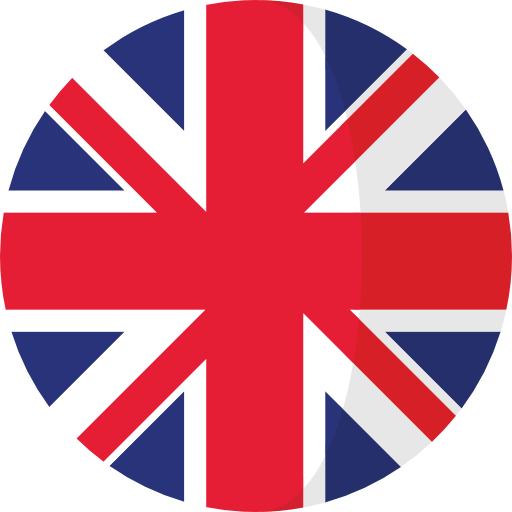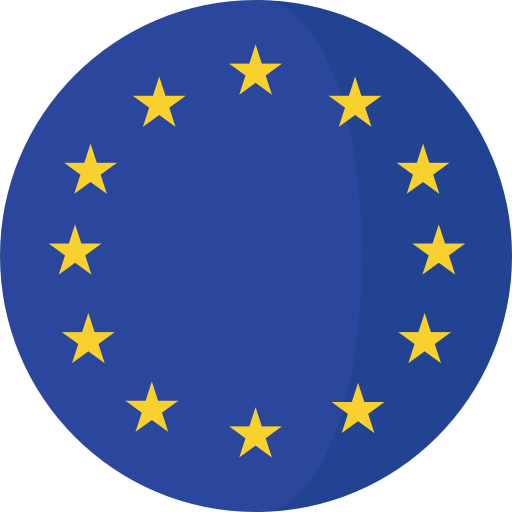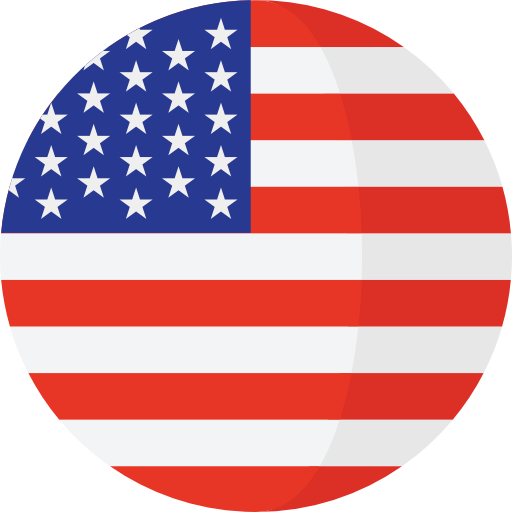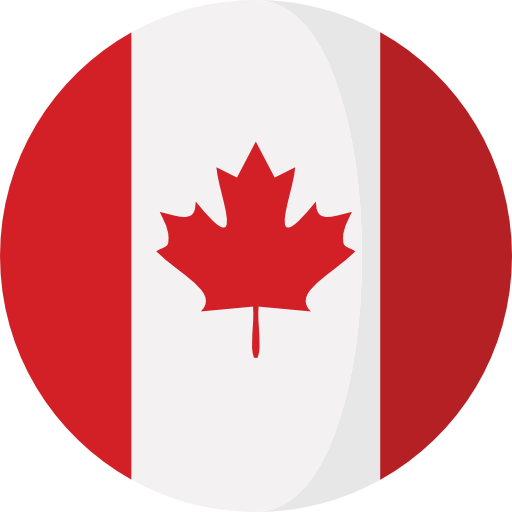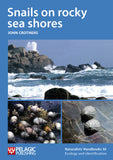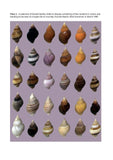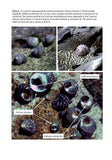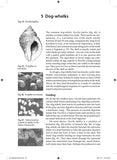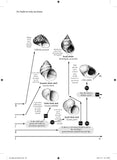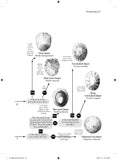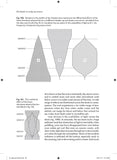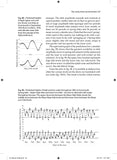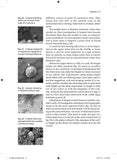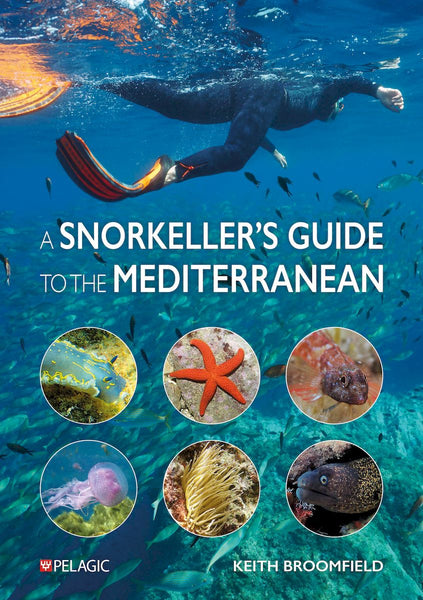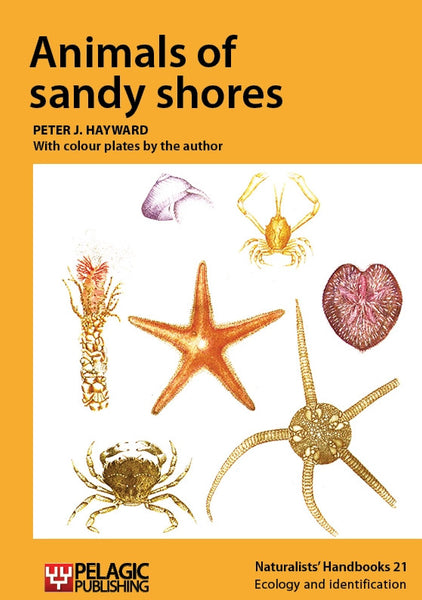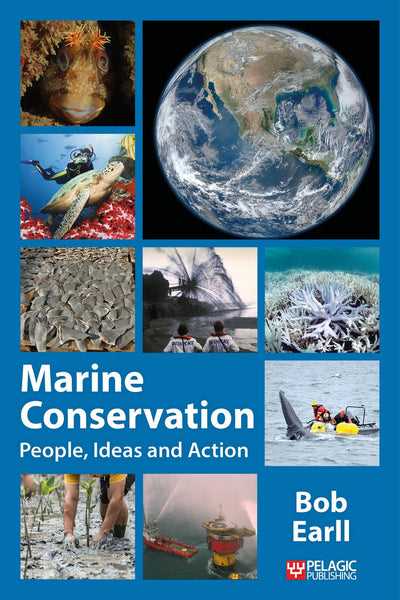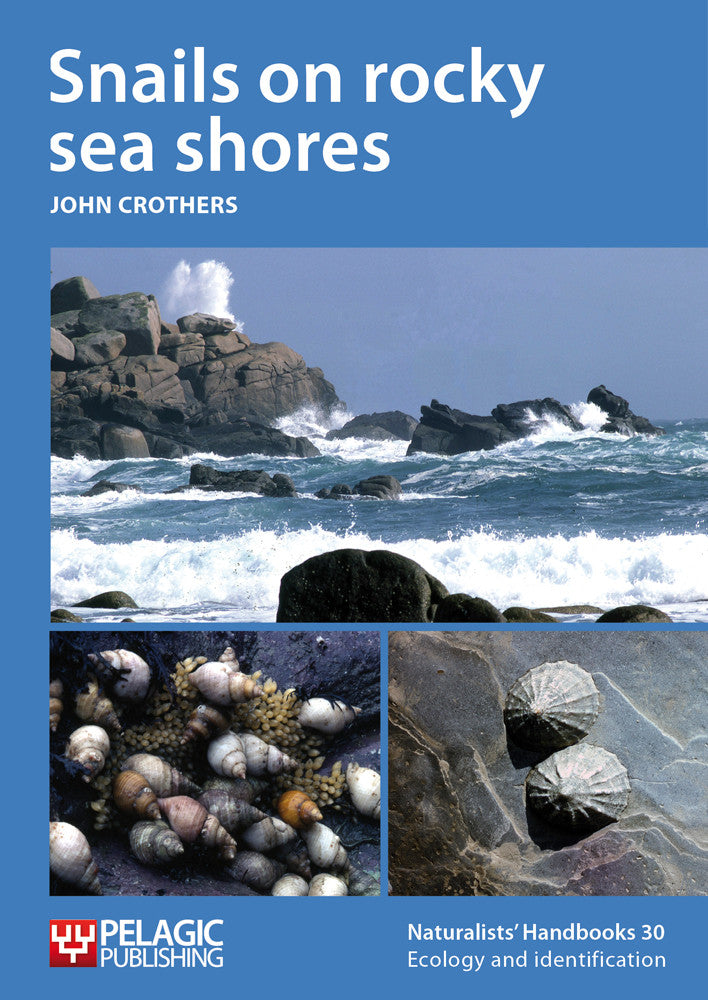
Snails on rocky sea shores
- This is an excellent addition to an excellent series of naturalists’ handbooks and should be part of the equipment for any field trip to the seashore.
—Ian Lancaster, SSR
- fieldwork
- identification
- key
- marine biology
- marine habitat
- mollusc
- molluscs
- rocky shore ecology
- snail
Description
The snails found living on rocky sea shores are among the most rewarding invertebrate animals to study. Species such as dog-whelks, topshells and winkles are easy to find, capture, identify, measure and mark. This book provides a key to common species, background ecology, an overview of rocky shore habitats and the techniques required for anyone to study this fascinating and accessible fauna.
Readership
Sixth-form, undergraduate, postgraduate, field centre, marine biologist, wildlife trust, conservation volunteerTable of Contents
Preface
1. Introduction
2. The biology of marine snails
3. Limpets
4. Common topshells
5. Dog-whelks
6. Winkles
7. Identification Key to the larger species of marine snails that
live on rocky shores around the British Isles
8. The rocky shore environment
9. Techniques and approaches to original work
10. References and further reading
11. Index
12. Pictorial key
Reviews
- This is the latest in a long line of Naturalists' Handbooks, dating back to the 1980s, which explore topics susceptible to field study by schools, universities, field centres and keen naturalists. This one treats an ideal sublect: the common snails of seaside rocks - limpets, topshells, winkles and dog-whelks. As usual, it includes a key to the main species, an account of their ecology and the ways in which they can be studied. The series now has a new pubisher (Pelagic Publishing) which, in this book, has fully maintained past standards. I hope that many more will follow. —Peter Marren
Bibliographic Information
 97 pages
97 pages - 120 figures, 48 b/w illustrations
- 4 colour plates
- 3 tables
- BISAC SCI070020, SCI020000
- BIC PSVT, RGBP, PSVS

